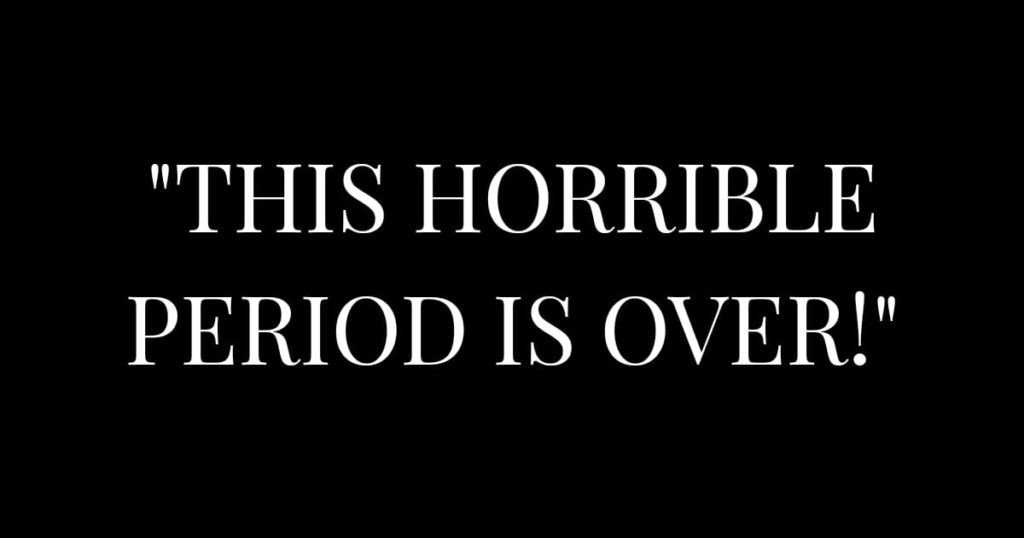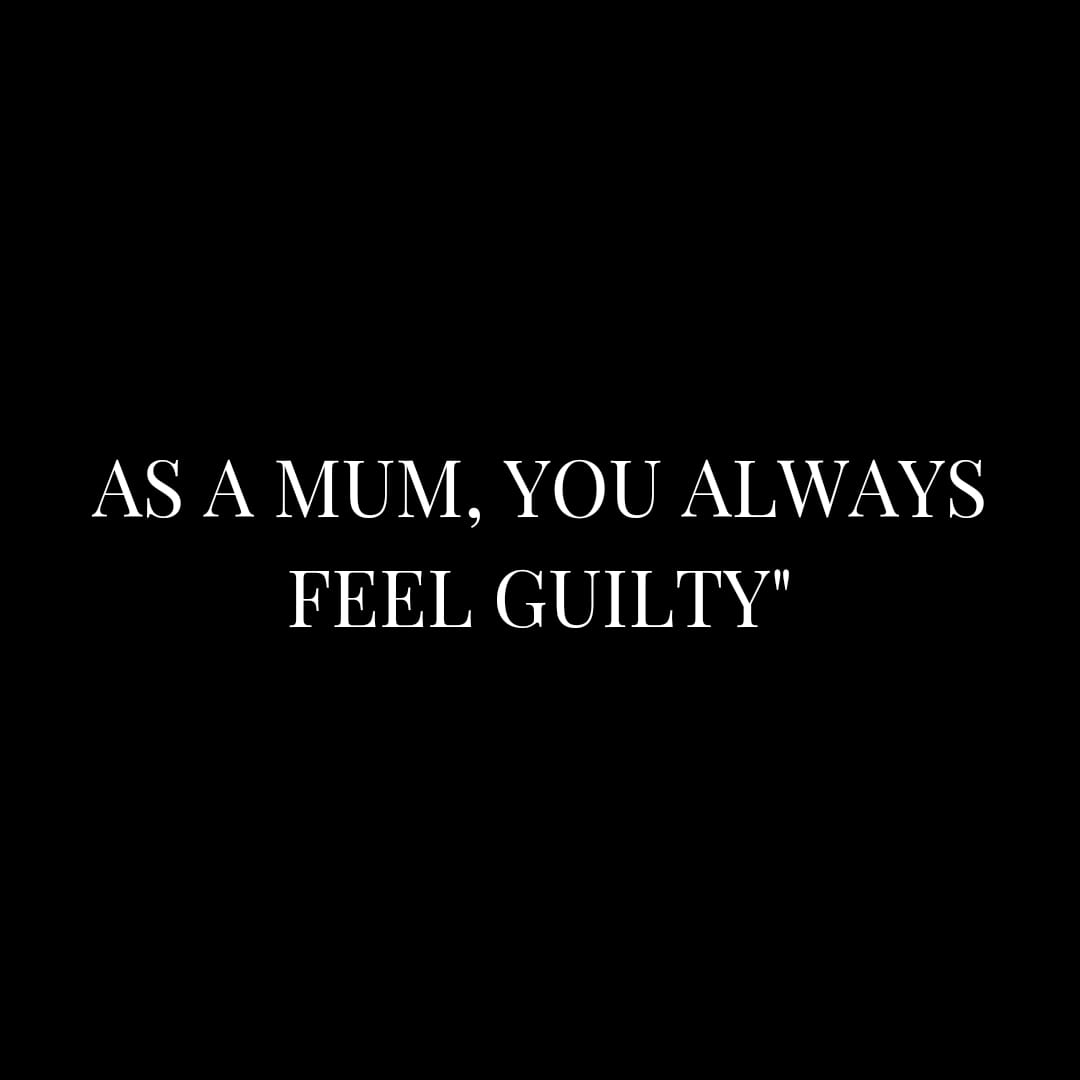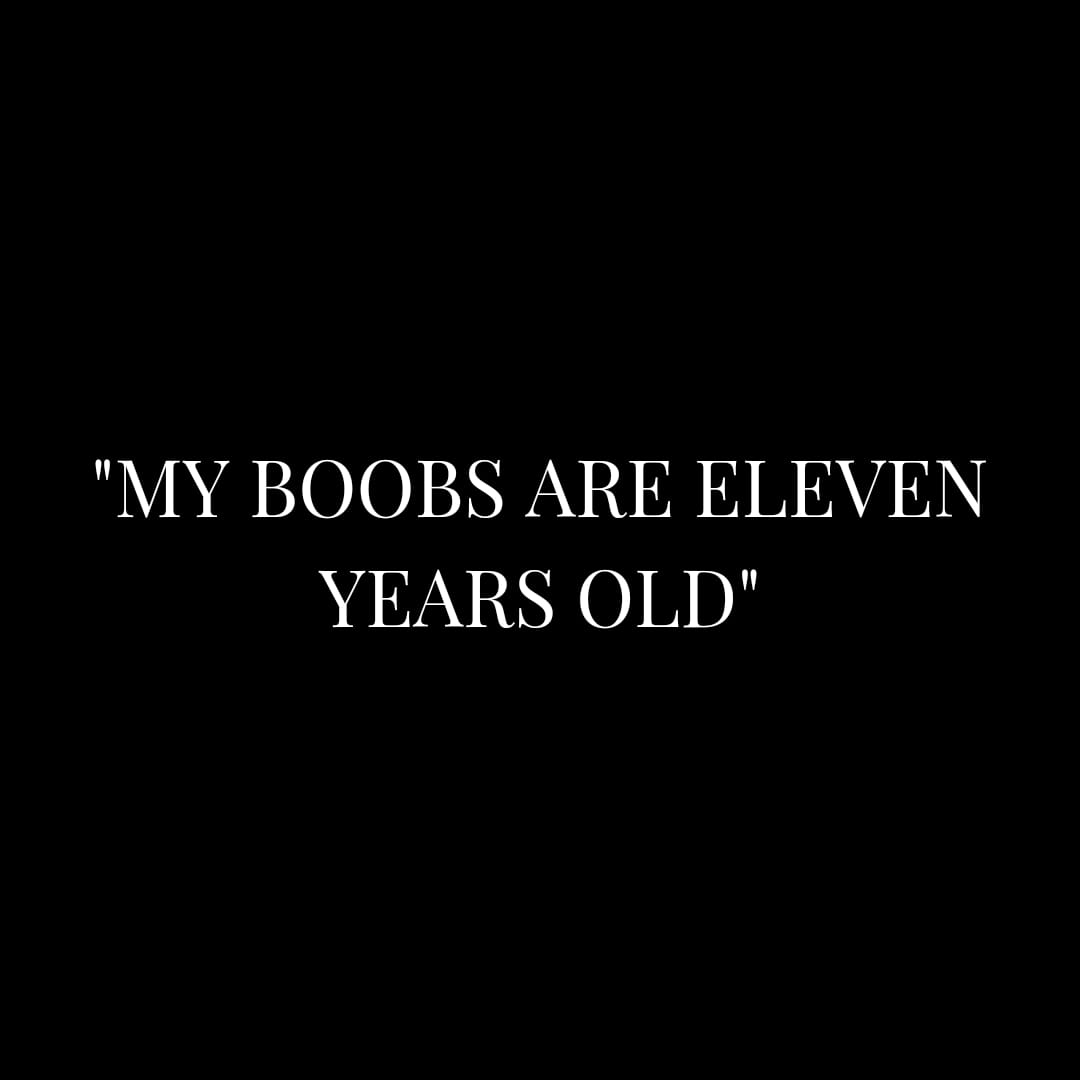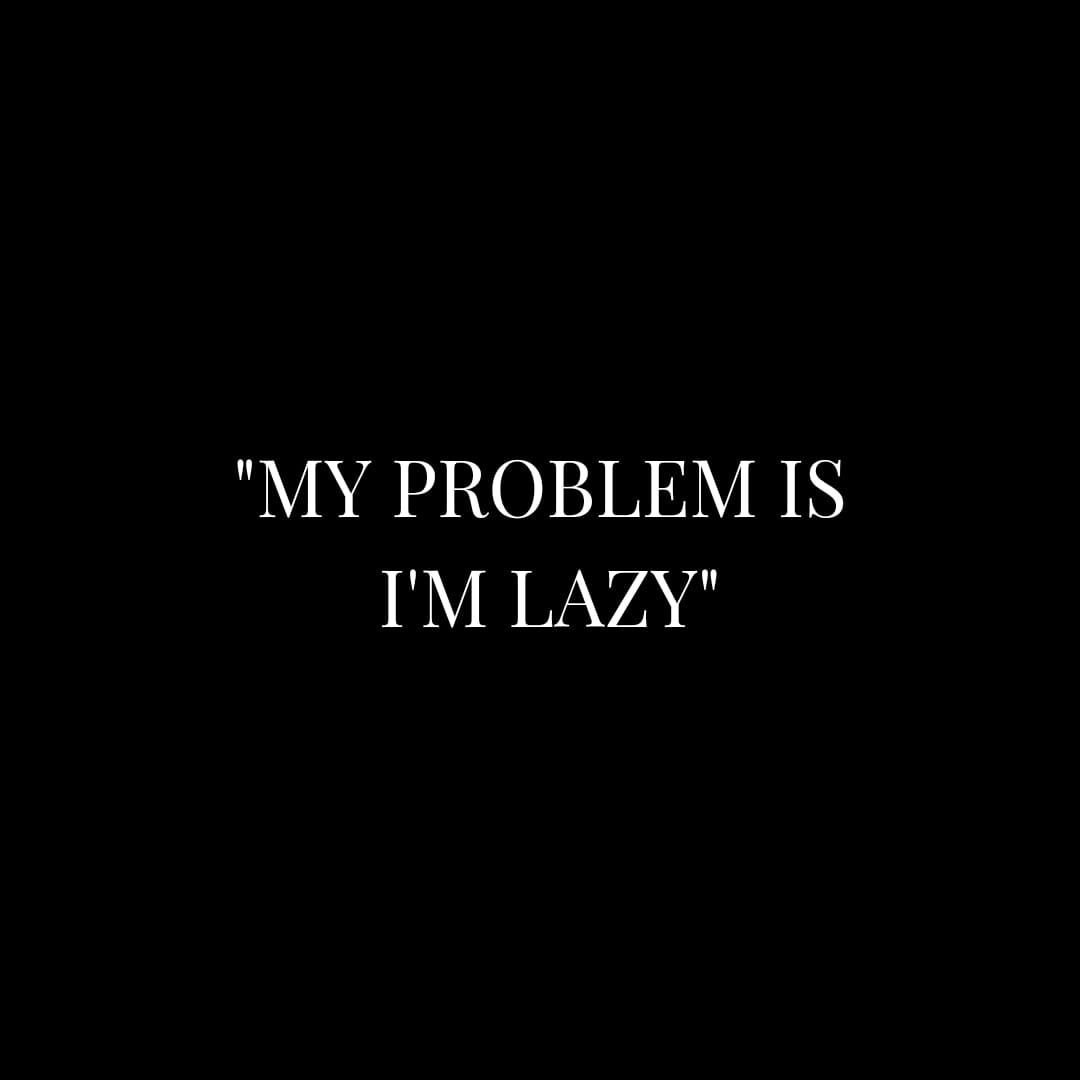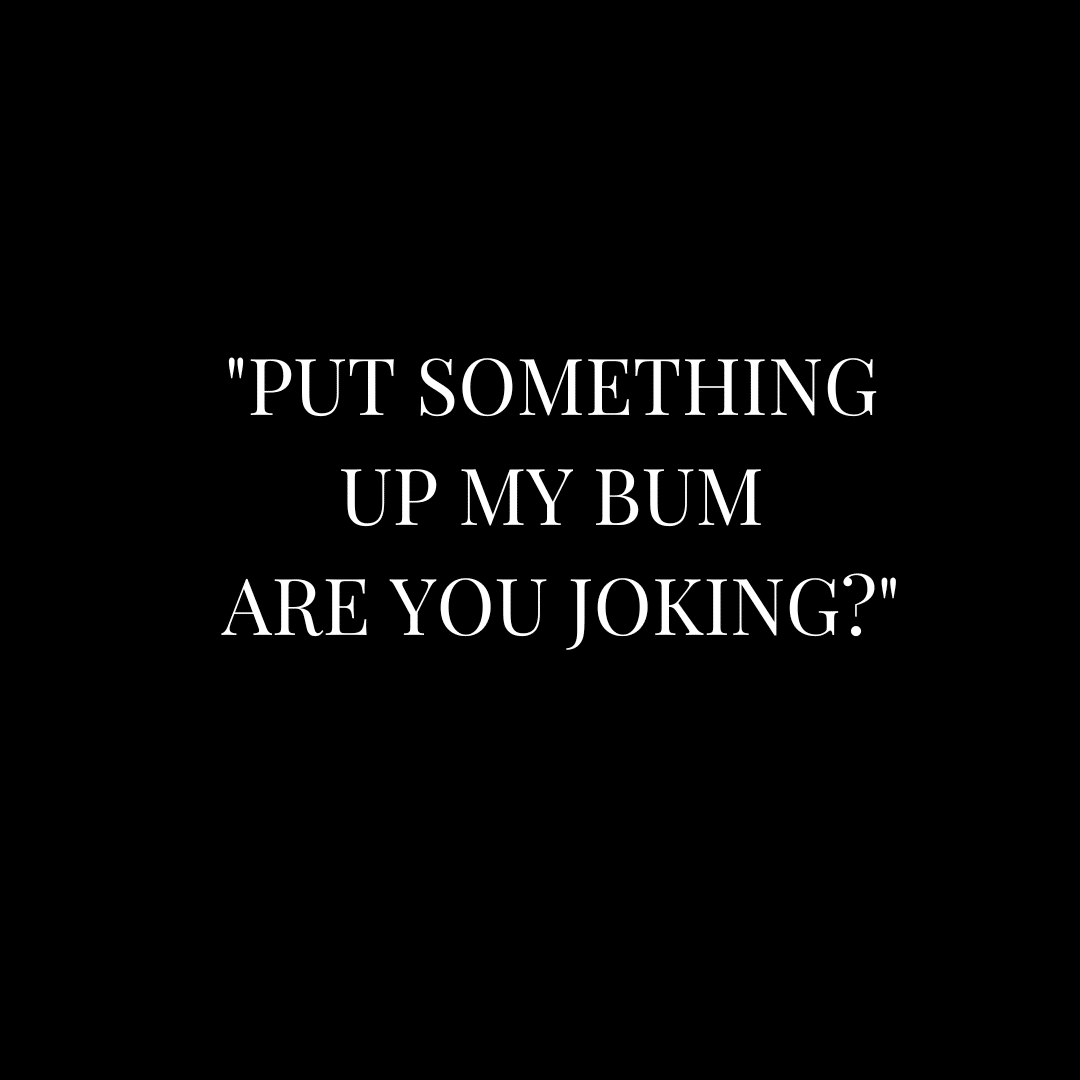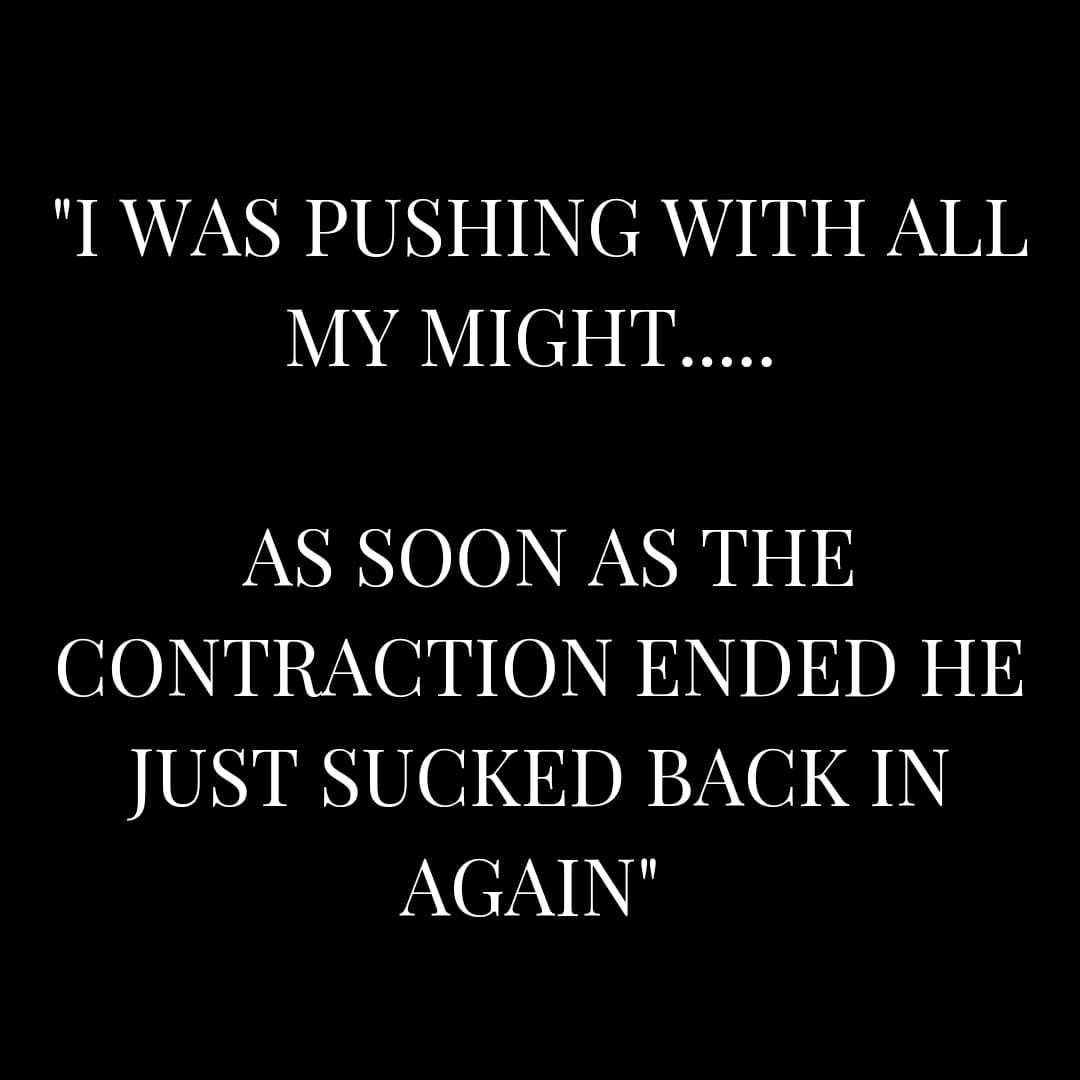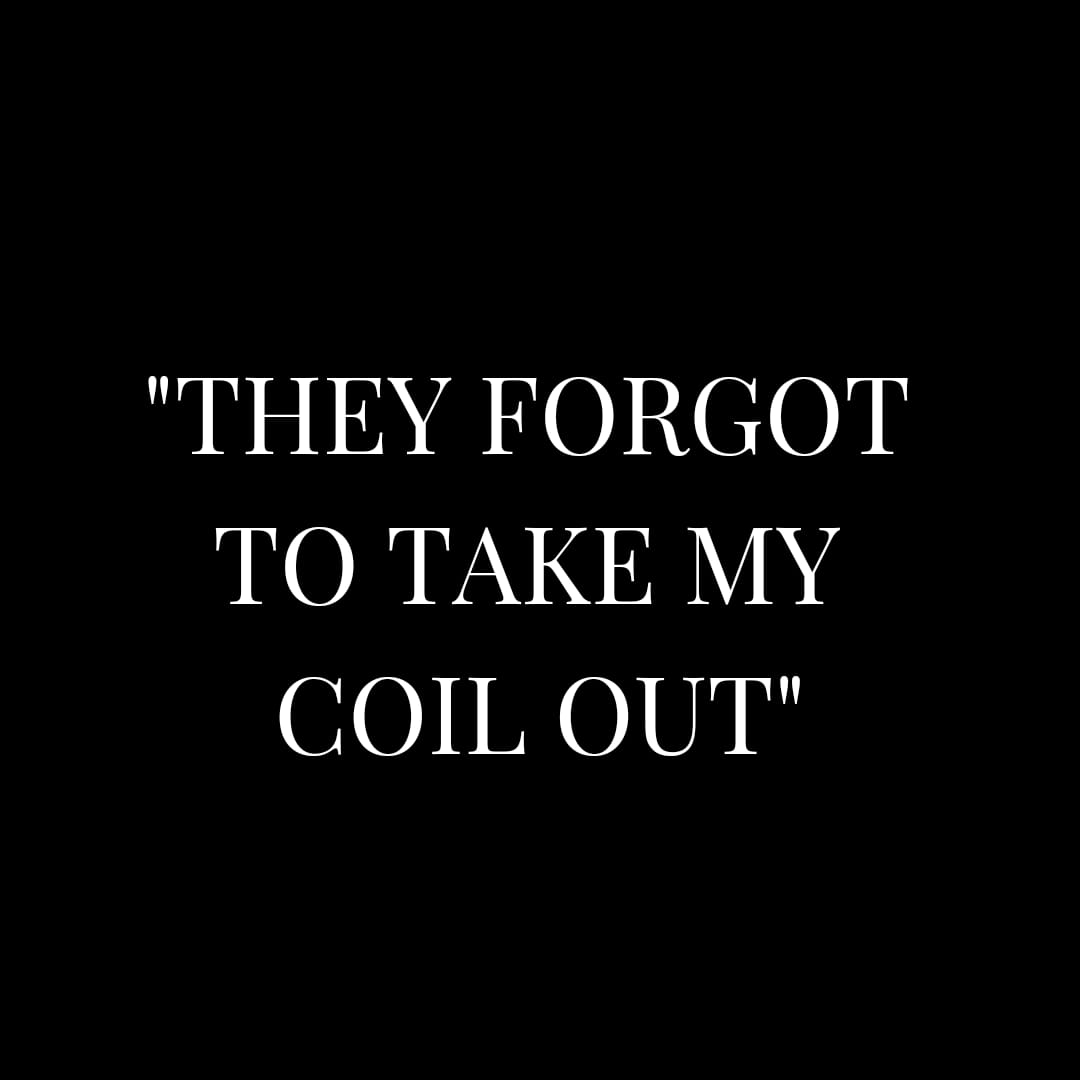- Peri Menopausal
“This horrible period is over!” Following World Menopause Day, Carla is joined by Fiona Legge, who opens up about her journey with PMDD. She talks honestly about how going through menopause early and having a hysterectomy, changed her life and overall wellbeing.
Please note suicide is referenced in this episode.
Here are Fiona’s Social links:
https://www.instagram.com/fionalegge/
https://www.facebook.com/fionaleggephotography
Below are some Facebook groups Fiona recommended in today’s episode:
https://www.facebook.com/groups/ukpmddsupport
https://www.facebook.com/groups/PMDDinfo
https://www.facebook.com/groups/pmddthbsolifeafter
Carla: This podcast is sponsored by My Bump 2 Baby family protection and legal directory. To find your nearest advisor or family law solicitor, head over to www.mybump2baby.com/familyprotectionlegal.
[00:00:21] Do you love the idea of being your own boss? What about saving money on childcare? Because you can actually work flexibly around your family.
[00:00:33] My Bump 2 Baby is rapidly expanding and we are looking for people to run their own pregnancy to preschool hubs in their local area. Full training is provided, ongoing mentor support, fantastic regular team incentives. A bonus scheme, uncapped commission, review products for free and review days out too.
[00:01:02] If you are interested in being the, My Bump 2 Baby manager for your local area. Email us [email protected] . Limited space available.
[00:01:32] Hello, and welcome to 50 shades of motherhood, uncensored, unhinged and unapologetic. Guilt-free real raw mum chat. With me, your host, Carla Lett, over-sharer, and founder of My Bump 2 Baby. The UKs leading pregnancy to preschool directory.
[00:02:03] This week on Monday, it was world menopause day. So this week we are welcoming on a special guest Fiona Legge who will be sharing her story about her journey into choosing to go through the menopause early and her reasons why. Please note that suicide is mentioned in this episode. I hope you enjoy it.
[00:02:43] Hello everybody. And welcome to this week’s episode of 50 shades of motherhood. This week I am talking to Fiona Legge about her choosing to go through the menopause early. So hello Fiona how are you?
[00:02:59] Fiona: Hi, Carla. I’m good. Thank you
[00:03:01] Carla: Thank you so much for coming on to this week’s episode and, and sharing your story with us. I really do appreciate it.
[00:03:09]Fiona: Pleasure. Absolutely. I’m happy to share.
[00:03:12] Carla: Thank you. So, Fiona, can we go back and rewind just to when you had your second son and how you got onto your menopause journey, if you like. So you just had your second son and you started experiencing severe PMS symptoms. Can you tell us a little bit about, about what happened there?
[00:03:33] Fiona: Yes. So I had my second son and, um, I would get to ’em so a few months in, I did all the breastfeeding and, you know, it got to the point where my periods started to return. And, uh, so, so then I started to experience really severe, um, what they call in the U S. PMDD PMS symptoms. So I’d have excessive bleeding, um, you know, to the point where I was wearing black trousers all the time, um, it was awful.
[00:04:02] I’d have really bad headaches, um, joint pain I’d feel sad. Um, which, you know, I’m such a positive person, usually, you know, that would just be, it would be like a switch of, of I’d have a lack of confidence. I didn’t want to go and do things. I would put my smiley face on, you know, uh, be clumsy. And so these symptoms started to, to sort of get progressively worse over time.
[00:04:27] Carla: Do you think it was anything else, Fiona? Cause I know fibromyalgia’s quiet, you know, where you, in terms of joint pains and stuff like that. I mean, did you go to the doctors for it?
[00:04:38] Fiona: Um, it took me some, some time to basically pluck up the courage to go to the GP. I’d kind of, sort of, I’ve got, I, you know, with the births, I’ve got quite high pain threshold and I kind of just sort of carried on and carried on. Um, and then my husband sort of, um, he he’d recognised, um, during, you know, during the luteal phase of my period that running up to it, uh, I’d have some of these symptoms. And then, um, as soon as I bled, you know, it was literally like, Oh, back to cheery self again. And it was just a switch.
[00:05:11] Carla: It’s strange that because it must have taken a while to figure that out, because if, think about it that, you know, you can always just think, Oh, I was just in a bad mood, you know, like I was just in a bad place.
[00:05:20] Fiona: Absolutely yeah.
[00:05:21] Carla: And then you’re back to your normal self again. So it must have to happen quite a few times for him to have figured that out.
[00:05:27] Fiona: Yeah. So it went on for a little while and then, you know, we talked about each month and I actually started tracking it, um, in, in, in a diary. And I think that was when we got to, I’d been tracking it for a year and then we decided, you know, well, I decided it was. It was time to do something about it. Um, and I took along the, the tracker and I said, look, I’ve been tracking it for a year. I’ve done all my research. And I found that it was potentially, it was, it was PMDD.
[00:05:57] Carla: I’d never, I’ll be honest with you. I never had heard of PMDD before. Can you just explain a little bit more about what that is?
[00:06:04] Fiona: Okay. So it’s, it’s like obviously most women, um, during their luteal phase, when, when they’ve got their periods, they have bleeding and they’ll have maybe, you know, it’s seen as a bad mood, that sort of thing, you know, there’s always obviously jokes about it, but actually this is a severe form of it. This is, this affects not just physical symptoms, but also, um, you know, you get, like I said, the mental symptoms of, lack of confidence, you’re feeling sad and you don’t know why, and you know, I’ve never had any prior mental health conditions. So this was a bit of a, a real shock when this started happening. Um, and then I actually found out through my research online that, um, I was progestogen intolerant because obviously we have two hormones.
[00:06:50] We have oestrogen and progesterone, and obviously people have testosterone as well, but those key oestrogen and progesterone are the ones that. In, particularly for women, those are the key, um, hormones you have. So I found that, I remember looking back now when I was in the younger days in my twenties, I was put on the pill for, I had bad acne. And I remember looking back, I was actually probably progesterone intolerant all my life. And hadn’t realised it, but only through this, doing the research, because I never really got on with the pill, so I never had that and I didn’t have a coil or anything like that because I’ve always been quite holistic. In my approach. So, um, so yeah, so I’m actually progesterone intolerant, uh, which would then obviously result in only having oestrogen. That’s that’s all I can tolerate my body.
[00:07:43]Carla: Goodness. Gosh. That’s that’s yeah. Were you finding that your PMDD was just getting worse every month or did it,
[00:07:50] Fiona: Absolutely, it was getting really worse and then I’d, we’d monitor it. So, um, in the diary we’d find that every six months. I’d have a really, really bad period where I would be bleeding, for like 10 days. And I would, when I talk about bleeding, really heavy bleeding, um, I eventually I went to the, the cups, you know, the moon cups because I just couldn’t tolerate anything else because. I was just finding, there was just too much, too much of the bleeding.
[00:08:20] Carla: Goodness. Bet you fell ill as well then because,
[00:08:23] Fiona: Oh yeah, you know, I had a, you know, had a three year old and a five year old and I just kind of plowed on because you had to get out. Out and about and just carry on, regardless of what, what problems you have, you know.
[00:08:37] Carla: What was the turning point for you then Fiona? When you decide, right, enough’s enough, I’m actually gonna get help now on what I need to do next.
[00:08:46] Fiona: Yeah. So I think it was a bit of embarrassment actually because around the stigma of mental health, um, which we all, you know, it’s all quite, um, out in the open now, but I felt quite embarrassed to go to the GP and like it, you know, Is this, is this something bad, um, you know, shameful to, to, to be experiencing, um, which is quite sad. If you look, look at it now, you know, how you sort of suffered by yourself. Um, so, but I got to one of those difficult points where it was, you know, every six months it would be really sad time. And, um, I remember just thinking the one time I can’t carry on anymore. I am just going to get in my car and I’m going to drive into a wall.
[00:09:30] Carla: Goodness.
[00:09:31] Fiona: And that was the turning point for me. I just. You know, I’d felt like I wasn’t the sort of person that could carry it through, but actually during those really dark times, I probably could have done. Um,
[00:09:43] Carla: Yeah. And then you probably frightened yourself, don’t you then? And you’re like, Oh my goodness, what was I thinking? I need help.
[00:09:50]Fiona: Yeah. And it wasn’t, if it wasn’t for my children, you know, that was pulling me through, I’ve got to get through this for the, for the boys because you know, they are my world. Um, so I. I literally thought, right. I’m going to seek some help. Um, and I did. And you know, that was a really big moment for me. Um, you know, in confidence levels to actually say to the GP, you know, I’ve got, I’ve got this, this issue here. Can, can you help?
[00:10:17] Carla: Yeah. Had he, had your GP, heard of it before?
[00:10:22]Fiona: Um, she had actually, she’d had, um, she had some vague sort of idea of it, which was good. Um, and we did it, you know, I took all my research to her and she knows that I was thoroughly read up on it. So she said, yeah, I understand. And you know, we talked about the options of a coil and I said, no, that that’s not going to change it. I know that’s not going to work. And she said, well, I’ll tell you what, we’ll give you some antidepressants. Uh, and again, I’d done my research on them. And for me personally, you know, I know people do do use them and that that’s their own sort of judgment.
[00:10:55] But for me personally, I thought, no, I can’t go down the route of, cause again, I talk about my holistic side. I don’t really like to be on tablets and you know, I’m kind of minimal, I don’t use antibiotics and unless I really have to, and um only paracetamol. So, um, I actually. Um, I came away with a prescription I’d felt really deflated. I went in and got the prescription and I took them home and I just burst into tears. And I said to my husband, I’m not going to take these. I cannot take these. It’s just, just beyond me beyond my belief. So I, so I decided not to, and I made it a follow up appointment and I, uh, I think it was three months later. Cause she said, see how you get to them three months later, I said to her, I couldn’t go through with that. I couldn’t take the tablets. Um, I wanted to be in fully control of, of my mind. And, uh, cause I would, I’d read about detrimental effects with, with this sort of PMDD that it could have adverse effects.
[00:11:55] Carla: Yeah I think everyone’s different Fiona as well. And I totally agree with you I mean, I was the same with, I did initially when I had postnatal depression, I did initially take the tablets, but, you know, they just made me feel like a zombie. So I stopped. And then when I had, um, you know, um, other, you know, anxiety and stuff, they’re so quick, the doctor sometimes to just pass you the pills. And to me, I just wanted to actually get to the root cause of the problem and try and actually sort it out. So, so everyone’s different and it works for some people, but yeah, I get that. I get that. And I get why you wouldn’t want to do that as well. So, so, um, so what was the next step then? From there?
[00:12:32] Fiona: Um, so the next step was, um, I spoke to my mother actually, and I said to her, look, I really like you to come along to the, to the next appointments. Uh, because my mother, she had her hysterectomy at 32, um, and she’s got five sisters and they too had also had an, you know, an early hysterectomies.
[00:12:52] Carla: What were the reasons for them having that?
[00:12:54] Fiona: Um, I didn’t go into to, too much depth, um, with her sisters. But from what I can, from what I can gauge, they were, they were very likely that they had undiagnosed PMDD.
[00:13:07] Carla: Yeah. That’s what I was thinking. Then I was thinking is it hereditary, you know? Cause it seems, I mean, that’s a lot of sisters, a lot of women in your family to go through a hysterectomy isnt it?
[00:13:18] Fiona: It is. And I’ve again, I’ve done the research and I do believe that is, that it does carry through. Um, which in a blessing it’s great. I’ve got two boys because it won’t follow through for them. Cause if, obviously, if I had a daughter it’s like highly likely to. So she came along to the appointment with the consultant. The consultant at this time was a, in practice for many years and she was initially, she tried to basically put me off it, don’t go through with it. It’s a major surgery, you know? Um, there’s low levels of testosterone in, if you needed that in the country, you know, she was. Sort of thing. And so it was really determined. Um, and so she did eventually refer me to a consultant at the hospital, uh, which specialise, obviously in gynaecology. And, uh, he, he was fantastic. He saw, I explained the situation about, um, feeding suicide, and he said, you know, I can see you’ve done more than your fair share of research. And you know what you’re talking about. He said, if you feel that’s what you want to do, um, then I’ll support you in it.
[00:14:22] Carla: Oh, I bet you felt relieved at that point a little bit, because it’s like, this is something is going to get done.
[00:14:27]Fiona: He did, but there was a caveat with that you see? Um, he said, um, in, in order to, um, we have to follow the procedures because there’s, um, there’s actually a, it’s called, I have got the document here. It’s a treatment guidelines for PMS. So I had to go through all of the it’s like a flow diagram. You had to go through all of this before you actually get to surgery. So, um, I did all my complimentary therapies and I decided not to go on the antidepressant, the Prozac. Um, so the next step for me was, um, the GNRH injections, which basically mimic a, uh, going into menopause.
[00:15:10] Carla: Right. Okay. Goodness. What are the side effects of these injections then? What, what types of things?
[00:15:17] Fiona: It’s more to the point of what aren’t the side effects.
[00:15:20] Carla: Oh really? Oh my God.
[00:15:22] Fiona: Yeah. Um, so this was a really difficult decision for me because I, again, I’d done my research on it and it was, some of the, some of the side effects. I just, um, yeah, it was awful. And I was like, well, I’ve got to go on four months of shutting down my ovaries.
[00:15:39] Carla: Oh, my goodness. And also that question arises as well. Did you want to have any more children? Because even if you really didn’t, there’s part of you that when you do in that you think, do I though, do I want another one or did that come into your head at all?
[00:15:54] Fiona: Oh totally, all through this time, because in the back of my mind, I’d always wanted maybe just another one. Uh, you know, how you sort of, you don’t. You know, you sort of perhaps think, Oh yeah, maybe, maybe one more. Cause I mean, know my children were three and five and I could have maybe just slot in another one. That would be lovely. Um, but at this time it was almost like if I don’t do this, you know, what will happen? Um, If this is not going to get any better. Um, and I could see the end treatment was, was going to be hard, you know, with major surgery, but actually if it’s, solved the problem, then this was the answer.
[00:16:34] Carla: Yeah. Yeah. Did it, did you find that, I mean, did it affect your marriage at all your PMDD or was it just a case of that time of the month that it was just almost like on uncopeable really for your husband?
[00:16:48] Fiona: Um, it was, it’s very hard work. Um, and, um, I don’t think at first he fully understood all the aspects of it. And I think that’s where the, you know, awareness and education in this sort of, um, aspect is, is really, really good. And I think, you know, He wasn’t quite sure about the operation. Cause he said, you know, he’s not fond on intervention. He very rarely sees the doctor. I can’t remember him seeing the doctor in the 20 years. I’ve known him.
[00:17:16]Carla: Wow. Goodness. That’s quite a bit. Well, it’s a huge decision. Isn’t it? Really? How long did it take them from these injections to get the hysterectomy then?
[00:17:28] Fiona: Uh, so I had the four months of injections and so it was complete shutdown of the ovaries. So I literally went into menopause. I had some, uh, joint pain. I had some hot sweats. Um, But I felt so much better. So when it came in, so, so yeah, so I didn’t have any, um, periods. I didn’t have any, uh, symptoms, those physical symptoms and mental symptoms. It was like a switch.
[00:17:54] Carla: Wow. So your mood, did you find your mood levelled out then? So you were just always felt the same.
[00:18:00] Fiona: I have always felt the same. Yeah. I felt like my good old self, you know, the positive person that I am when I wasn’t, um, you know, going through periods.
[00:18:08] Carla: Oh my goodness. Wow. Wow. So, so what’s the, what, how, how was the operation then and everything like that from there?
[00:18:16] Fiona: Yeah. So I did the four months with injections and then I was put on the waiting list for the hysterectomy. Um, I can’t actually remember the time in between now. Uh, but you know, between having the injections, but I had to go through a few more periods, which was literally like, Oh no.
[00:18:33] Carla: Oh no, yeah.
[00:18:34] Fiona: Back to it again.
[00:18:35] Carla: But at least you were aware then, you’re almost aware of it. Aren’t you then and you like, look, just stay away from me for the next week please.
[00:18:45] Fiona: Yeah. So, um, so yeah, so it did that. And then, um, I had a, there was a cancellation, cause this was on the NHS there was a cancellation. And they said, could you come in. Um, and have your operation. So I had no time to think about it, no planning. Um, cause obviously I have two young, a toddler three and a young one at five going into reception. And it was like, okay, we’ve got to do this. I’ve got to take the appointment here.
[00:19:12] Carla: In a way that’s good because then you didn’t have to think overthink it.
[00:19:16] Fiona: Yes.
[00:19:17]Carla: Um, so, so how was the operation then?
[00:19:21]Fiona: Uh, so I literally, I went in, in the afternoon. Um, they put me under anaesthetic in the late evening. Uh, I wanna say five, six o’clock. I went down, um, and I wasn’t apprehensive about it at all. I was really positive and really looking forward to it. Um, obviously I know that there’s always risks with any major surgery, um, but they did keyhole surgery, um, which was obviously less invasive. Um, so I literally went down, uh, came back out of surgery. I wasn’t in there long at all. I was, I was joking with the anaesthetic when they, when they put it in and saying, well, he said it was, yeah, it’s like a nice gin and tonic. And I was making jokes right into it. So passed out, had the operation came back round and I was sat eating by about eight o’clock.
[00:20:13] Carla: Wow, that is so good. I bet you were glad once it was done, then it’s almost like it’s over this horrible period of like literally this horrible period is over.
[00:20:24] Fiona: It is, but obviously I knew there would be, you know, obviously, um, with surgery. Because obviously it’s your abdominal area. Um, I found it difficult to walk, so that was difficult, you know, the recovery, that side of it. So, and they say you shouldn’t lift anything for six months, even a kettle.
[00:20:42] Carla: With your boys. I bet that was hard.
[00:20:44] Fiona: That was really hard. And I think I did overstretch myself, but, um, yeah, when it came, when it came to the recovery, but at the end of the day, I knew there was, there was a light at the end of the tunnel.
[00:20:55] Carla: Brilliant. So, so then what, how did you find everything then after the, after the operation then? So you said it was, you felt a lot better and everything. Is there anything more that you need to do then, um, now, or, I mean, what, how does it, how do you feel like in general straight away after?
[00:21:13] Fiona: Oh, yeah, absolutely. It’s just like, I just like the person I am before, before, you know, um, it’s like a, I would say a new person, but it’s actually like the person I am when I didn’t have the periods. If you see what I mean.
[00:21:26] Carla: Yeah. Yeah.
[00:21:27] Fiona: So I just felt amazing. Because I knew, um, you know, the menopause was basically the cure for me, otherwise. You know, it would be really detrimental. So, um, I have estrogen patches, um, which I’d put on twice a week. Um, and they just, stop basically the hot flushes because I did go through a period after my operation where I didn’t have any patches and I was getting hot flushes around about nine o’clock at night.
[00:21:54] Carla: Oh, wow. I bet that so strange. Cause I even remember my mum being like, Oh, I’m having a hot flush. I’m like, what the hell does that mean? Um, but is that the, the worst side effect off it really?
[00:22:07] Fiona: That’s the, for me, that’s the only side effect as such. I did have a little bit of joint pain. So the, so they gave me the oestrogen patches just to obviously subside some of that. And, and um, and help, help with that, um, but apart from that, That symptom for me was really mild. And I wasn’t worried about the hot flushes. Obviously there are risks with having a early hysterectomy, you know, like heart disease and cancers, but, um, I think really for the quality of life, I had to have it done.
[00:22:41] Carla: Yeah. Yeah, absolutely. The thing is you just want to enjoy life don’t you and you know where you were at. I mean, at a time when you were thinking of, you know, running your car into a wall. I mean, that’s a horrible thing that you must have been in a really, really dark and very low place, um, to think like that. So you think, you know, anything, I mean, anything to make you feel better is so worth it because it means also your family then as well, are feeling better as well. Cause no one wants to see their mum upset, do they?
[00:23:13] Fiona: No, that’s it. You know, and you just cry and cry for no reason. And I’m not really a big crier when it comes to it. And this was just like a switch. Um, and I remember my husband saying to me, well, this is, this is six months of your year. This is basically you know, when you, when you calculate it, the amount of discomfort you were going through those 12 months, say in a 12 month cycle, because you have a period, obviously every month, this is just, you know, so much of your life to carry on right up until you reach menopause. Awful.
[00:23:44] Carla: Oh, my goodness. Yeah. I mean, did you feel strange telling people that you were having to go through the menopause so early? Or did you just not tell anyone?
[00:23:53] Fiona: Uh, no, I did. I did talk about having the menopause, but I did at that stage. I didn’t talk in great detail the reasons why, you know, um, Um, I think it was more of sort of, um, the stigma around it. Cause that was obviously five years ago now. Um, and I think there’s a lot of, uh, a lot of awareness and a lot of, a bit more accepting of mental health and you know, a lot of physical symptoms with it. Cause I talk about the bleeding with people. I say, yeah, my periods were just too heavy and that for me, I felt comforted by that was an end solution to tell people because. It was just too much, I think for some people to listen to, I don’ think they were quite there. You know what I mean?
[00:24:34] Carla: Yeah. I think that’s it. I think people don’t, I mean, unless they are going through, it’s quite hard to understand like all of the different things that someone could go through to lead them to that, to that decision.
[00:24:44] Fiona: Yeah. And I think it’s easy for people to just judge too much, um, unless they’ve experienced it and they’re, you know, in that situation, um, you know, people, people are shocked still now when I say, um, I’ve had a hysterectomy. They go, Oh, that’s the first thing people say, know when, what comes out of their mouth? When I say to them, you know, people who don’t know me that well, and they’re like, gosh.
[00:25:09] Carla: Yeah, I do think there’s a lot of things. I mean, Nowadays. It’s really good because there’s a lot of awareness around different things. So we’re talking about it more openly, like you coming on here and sharing your story and when you were going through it, you’d probably think of nothing worse than you’d been like, Oh my God. I’d never tell anyone all that that I go through, but now you’re on the other side of it and you feel great. Um, so that’s, that’s really positive.
[00:25:35] Fiona: Absolutely. And I think, you know, I’m very conscious now about, uh, getting this, the other side of my menstrual cycle. I’m now in the menopause and I’m making sure that I look after those aspects because there’s obviously risk of osteoporosis as well. So I take a good, um, uh, vitamins and minerals. Um, I try to eat really well because I feel if I go off off track with the menopause, when I’m not eating, say I. You know, might seek in a little treat somewhere, you know, I don’t feel quite right the next day.
[00:26:09] Carla: What are the side effects then of the menopause or not side effects as such, but what, what, what things do you have to look out for once you have had it?
[00:26:18] Fiona: Well, it’s sort of increasing your bone density. So, um, aerobic activities and making sure you’re, you know, you know, you’re sort of healthy and, and really, you know, alcohol as well. I don’t really drink that much now I’ll have the occasional glass of wine, uh, socially. Uh, but when it comes to alcohol, I find if I have say more than two glasses, I start to maybe get a little bit of joint pain. So I try to sort of, I try to avoid it really in that, in that sense. So, so the symptoms really, I suppose, for me personally, um, maybe a hot flush, if I forget to put my patch on. Yeah. Um, but my mood, my mood is always level now. I don’t have any mood problems at all.
[00:27:06] Carla: That’s incredible.
[00:27:07] Fiona: You know, it’s been like the cure for me. It’s uh.
[00:27:10] Carla: Yeah, I bet. Yeah. The thing is you must feel like a completely different person, like you say. Um, and to be honest, you know, from being, when you’re younger, when you’re a young girl, you go through, you know, that time in your life where you’re just angry all the time. Well I did. Sorry mum if she’s listening, but I, I honestly I was a right little cow. Um, you know, before my period started, so, and then you period start and your hormones are all over the place. Anyway. So I bet for you, it’s like a new lease of life, really, because as a girl you never really know yourself when you’re not having hormones and surging through your body. And that time of the month.
[00:27:48] Fiona: Thats right. Absolutely. Yeah. And you know, I was a teenager, the same as you and probably a complete nightmare. And I looking back, I think, yeah, some of that was contributed and I think I did have a mild form of the PMDD and it just, as my hormone hormones changed after giving birth, um, it just got progressively worse and, and that’s one thing to also consider for everybody’s, you know, your hormones are always changing.
[00:28:13] Carla: Yeah, they can. I know that’s strange because before your second son then were your, your periods, did you find that they were still like that? Or were they just completely, not as bad as, as they, what they got to towards the end?
[00:28:28] Fiona: Um, they were still heavy. And I think even in my twenties, I had times where I was like, Whoa, these where did these mood swings come from. So I actually think it just got it, just got to the point after the second child, it was just so severe. It was so recognisable. It wasn’t just general PMS. It was a severe form of PMS.
[00:28:50] Carla: Wow. Wow. It’s really, really, interesting. So, Fiona, thank you for talking to us about that. Is there anything else that you would, you would want to share with anyone that perhaps is going through the early menopause or at that time in the life where they’re thinking they might have PMDD and they’re considering a hysterectomy. Is there anything that you would be, that you think is important to share?
[00:29:16] Fiona: I think, um, in the early days when I was doing my research, I came across actually a couple of Facebook groups, which were absolutely invaluable, um, for listening to other people’s experiences and sharing my experiences on there. Um, and you sort of, you come to the conclusion because hysterectomy for PMDD is not for everybody. Uh, I know a lot of people in the group that I’m in. It doesn’t work out for them and they still have all the effects, but for me it did actually did actually solve, solve it. Um, but yeah, I think also don’t be afraid to go and see the GP don’t feel shy, don’t feel shamed, um, and talk to people about it. It’s it. It’s nothing to be ashamed of. Um, you know, this there’s too much stigma around it in general. Mental health. And I think the more people are aware of it and the more you can sort of speak to other people and just put your hand up and say, look, you know, hold on. I need help. Um, I, I think that’s really the whole key to it because. In some ways I feel, I wish I’d have done it years ago, but then I wouldn’t have had my children. So, um, you’ve got to do it when, you know, you feel the time is right for you.
[00:30:38] Carla: Absolutely. No, I agree. I mean, there’s a lot of women out there who are going through. The early menopause as well. And you know, they might not finish the families and, Oh, it’s just a, it can be quite a frightening time can’t it?
[00:30:54]Fiona: And also, you know, different ages because if you think about it, um, some parents, some people’s parents didn’t have children whilst they’re going through the menopause. Because traditionally the menopause was 50 plus by that point, childbearing women had probably had their children in their twenties and thirties. So women are having obviously children a lot later now. And they are going into menopause. Um, so yeah, cause like I had a three and a five year old and I was straight into menopause.
[00:31:27] Carla: Goodness. I know, that’s it. I think, um, a lot of, I mean a lot of my friends as well, have all kind of they’re going, you know, we’re all doing our own thing and having children, you know, into our thirties and you know, years ago, I mean, my mum was 21 and I think it just catches you up so quick and you think, Oh my goodness. You know, if. You know, if you don’t have children early, you could, you could end up going through the early, early menopause. And it is, it’s quite frightening time.
[00:31:55] Fiona: It is. But I feel like there’s a lot of, um, again, a lot of awareness around menopause now and, you know, seek, seek that information online, have a look there there’s plenty of organisations that are willing to help.
[00:32:09] Carla: There’s so many groups out there as well, actually, Fiona, Fiona, would you mind, um, after this, uh, sharing the groups with me, um, and I’ll put all those on the show notes so people could know where they can go with if it is something that they’re suffering with at the moment.
[00:32:23] Fiona: Absolutely. Yeah, absolutely.
[00:32:25]Carla: Brilliant. So Fiona, tell us a little bit about you anyway, and where people can find you. If, if, if they want to ask you some more questions, if that’s okay?
[00:32:35] Fiona: Yeah, sure. So I’m, I’m on Instagram. I’m on Facebook and I’m on Twitter. I’m on all the social networks. Um, Fiona Legge, um, you’ll see, Fiona Legge as the name, or Fiona Legge Photography. Um, so yeah, um, I’m, I’m sort of based in the Cotswolds. Um, and, um, I, I’m a photographer, I’m a farmer. I say a recent farmer. I’m a newbie farmer. Um, so I’m doing beekeeping and bees. And I do also do photography and business coaching.
[00:33:07] Carla: Wow. That is amazing. So if you need any of those things, then you need to speak to Fiona. So thank you so much, Fiona for sharing your story. It’s a pleasure to have you on here.
[00:33:19] Fiona: Yeah I hope it can help other people. That’s the main, main reason.
[00:33:22] Carla: I’m sure. I’m sure it will. Thank you.
[00:33:29] Thank you so much for listening to this week’s episode of 50 shades of motherhood. My aim is to support free chat around motherhood’s. Uncensored, unhinged and unapologetic uom chat. If you like this podcast, please don’t forget to subscribe and tell all your friends about it. The more listeners we get, the more subscribers we get, the more chance we’ve got of getting series three down.
[00:33:58] So I look forward to speaking to you next time and keep your eyes peeled on our social pages to find out who our next guest is. I’m sure you will love it.

